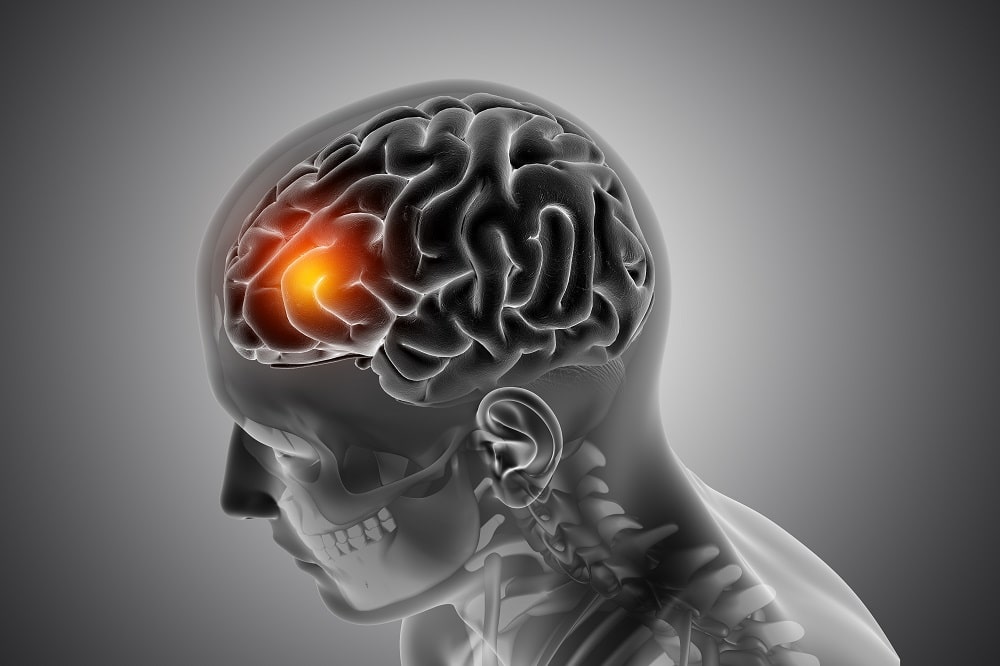In the vast world of health and medicine, cognitive rehabilitation is emerging as a key discipline. If you’re wondering what cognitive rehabilitation is and when it might be needed, you’re in the right place.
In this article, we will break down this speciality within neurorehabilitation, using clear and straightforward language so you can understand it.
What is Cognitive Rehabilitation?
Cognitive rehabilitation is a branch of neurorehabilitation that focuses on helping people regain or improve their cognitive skills. But what are cognitive skills?
Basically, they refer to the mental abilities that allow us to process information, make decisions, solve problems and perform everyday tasks.
These skills include memory, attention, language, perception, planning and more.
When is Cognitive Rehabilitation Needed?
The need for cognitive rehabilitation can arise in a variety of situations. Below, we will explore some of the circumstances in which this therapy is essential:
Brain Injuries
Traumatic brain injuries, such as those resulting from car accidents or falls, can severely affect a person’s cognitive abilities.
Cognitive rehabilitation helps to restore these skills and improve patients’ quality of life.
Neurodegenerative diseases
Diseases such as Alzheimer’s, Parkinson’s or stroke can cause progressive cognitive decline.
Cognitive rehabilitation can slow down this process and allow patients to maintain their independence for longer.
Developmental Disorders
Developmental disorders, such as autism or Down’s syndrome, can limit people’s cognitive abilities.
Cognitive rehabilitation can help these individuals develop skills that allow them to function better in society.
Congenital Brain Injuries
Some people are born with congenital brain injuries that affect their cognitive abilities.
Cognitive rehabilitation can be a valuable tool to improve their quality of life and their ability to learn and communicate.
The Importance of Cognitive Rehabilitation
Cognitive rehabilitation is essential for many people facing cognitive challenges. It helps to improve patients’ quality of life, independence and self-esteem.
It also gives hope to individuals and their loved ones, demonstrating that the brain has the ability to adapt and improve even in difficult situations.
How does Cognitive Rehabilitation work?
Cognitive rehabilitation is tailored to the specific needs of each patient. In general, it follows a process that involves the following stages:
Initial assessment: The process begins with a thorough evaluation of the patient’s cognitive abilities. This helps to identify areas that need improvement.
Treatment plan: Based on the assessment, a personalised treatment plan is designed. This plan includes clear goals and specific activities.
Exercise and therapy: Patients participate in a variety of exercises and therapies designed to strengthen their cognitive skills. These may include memory exercises, problem solving, speech therapy and more.
Monitoring and adjustments: Throughout the process, constant monitoring is done to measure the patient’s progress. If necessary, the treatment plan is adjusted to address changing needs.
Integration into daily life: Cognitive rehabilitation seeks to enable patients to apply the skills learned in their daily lives, improving their independence and ability to function effectively.
Conclusion
Cognitive rehabilitation is a crucial discipline in the field of neurorehabilitation. It helps people to regain and improve their cognitive abilities, which can make a huge difference to their quality of life.
Whether due to brain injury, neurodegenerative diseases or developmental disorders, cognitive rehabilitation offers hope and tangible results.
If you or a loved one is facing cognitive challenges, don’t hesitate to seek the help of neurorehabilitation professionals.
The mind has an amazing potential for adaptation and recovery, and cognitive rehabilitation is a valuable ally in this process.
Leave us your data to start your treatment







